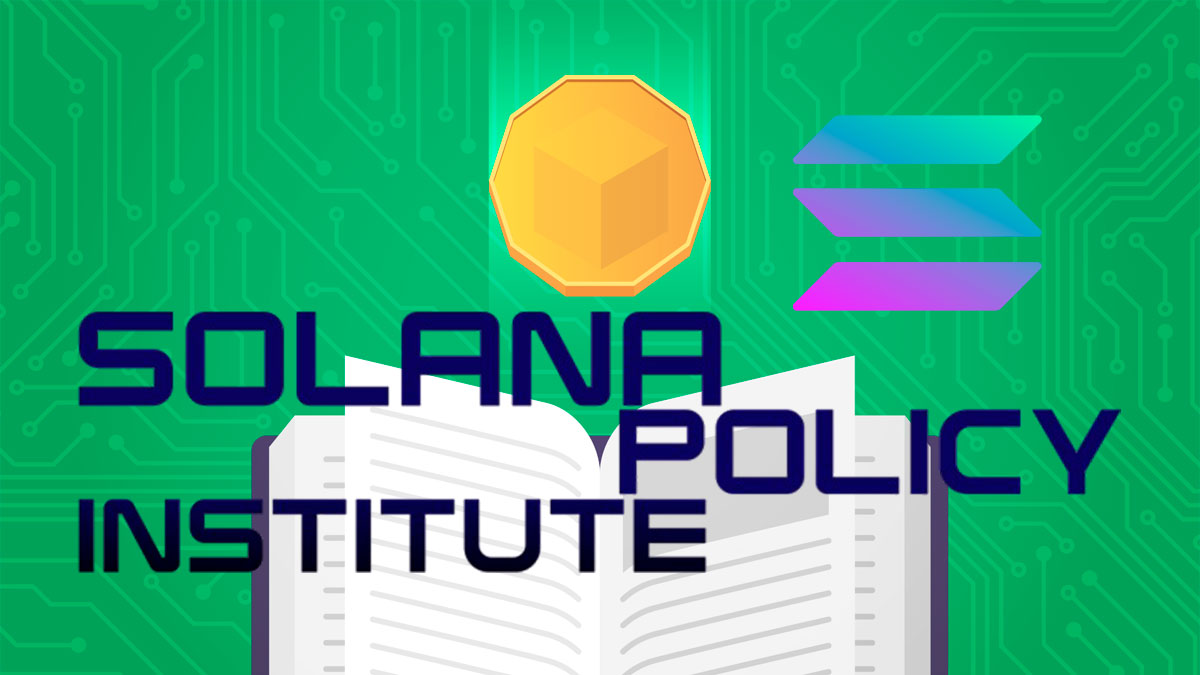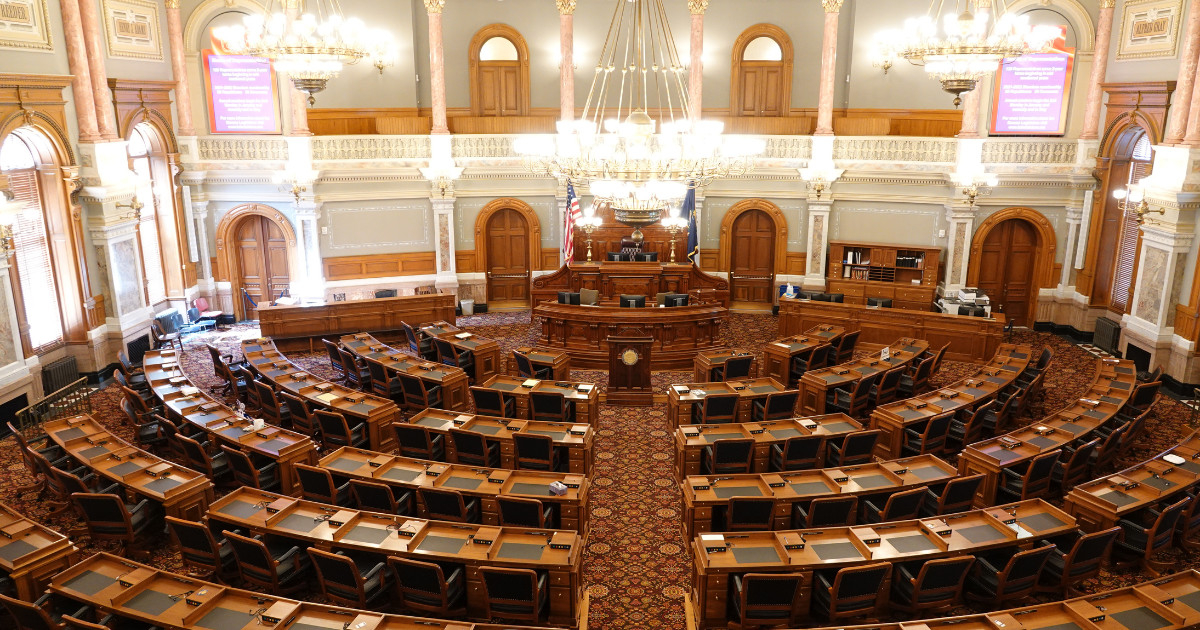The Solana Policy Institute: Bridging the Gap Between Blockchain Technology and Lawmakers
In a world where technology continues to evolve at an unprecedented pace, it’s essential that policymakers stay informed and educated on the latest developments. One such technology that has gained significant attention in recent years is decentralized blockchain technology. Recognizing the need for a better understanding of this technology among lawmakers, Solana, a leading decentralized finance (DeFi) and blockchain platform, launched the Solana Policy Institute (SPI).
What is the Solana Policy Institute (SPI)?
The Solana Policy Institute is a non-partisan initiative aimed at educating lawmakers on the benefits and challenges of decentralized blockchain technology. Led by crypto advocate Miller Whitehouse-Levine, the SPI serves as a bridge between policymakers and Solana’s ecosystem. Whitehouse-Levine, a seasoned policy professional and blockchain expert, brings a unique perspective to the table, having worked on both the legislative and regulatory sides of the technology industry.
The Importance of Clear, Fair, and Innovation-Friendly Regulations
As blockchain technology continues to gain traction, it’s crucial that regulations are clear, fair, and innovation-friendly. The SPI aims to facilitate this by providing policymakers with accurate and unbiased information about decentralized finance and blockchain technology. By doing so, the organization hopes to promote regulations that foster growth and innovation within the Solana ecosystem and the broader blockchain industry.
The Impact on Individuals and the World
For individuals, the Solana Policy Institute’s efforts could lead to more informed decision-making when it comes to investing in and utilizing decentralized blockchain technology. As regulations become clearer and more innovation-friendly, individuals may feel more confident in engaging with this technology, leading to increased adoption and use.
At a global level, the Solana Policy Institute’s work could have significant implications for the future of decentralized finance and blockchain technology. Clear and fair regulations could attract more institutional investors and businesses to the space, leading to increased investment, innovation, and growth. Moreover, regulations that foster interoperability between different blockchain networks could lead to a more connected and collaborative ecosystem, driving further adoption and use.
Conclusion
The Solana Policy Institute represents an important step forward in the education and understanding of decentralized blockchain technology among lawmakers. Led by crypto advocate Miller Whitehouse-Levine, the organization aims to bridge the gap between policymakers and Solana’s ecosystem to promote clear, fair, and innovation-friendly regulations. As the world continues to grapple with the implications of this technology, initiatives like the Solana Policy Institute will play a crucial role in shaping its future.
- The Solana Policy Institute is a non-partisan initiative aimed at educating lawmakers on decentralized blockchain technology.
- Led by crypto advocate Miller Whitehouse-Levine, the organization serves as a bridge between policymakers and Solana’s ecosystem.
- Clear, fair, and innovation-friendly regulations are crucial for fostering growth and adoption of decentralized finance and blockchain technology.
- The Solana Policy Institute’s work could lead to more informed decision-making for individuals and significant implications for the global blockchain industry.





